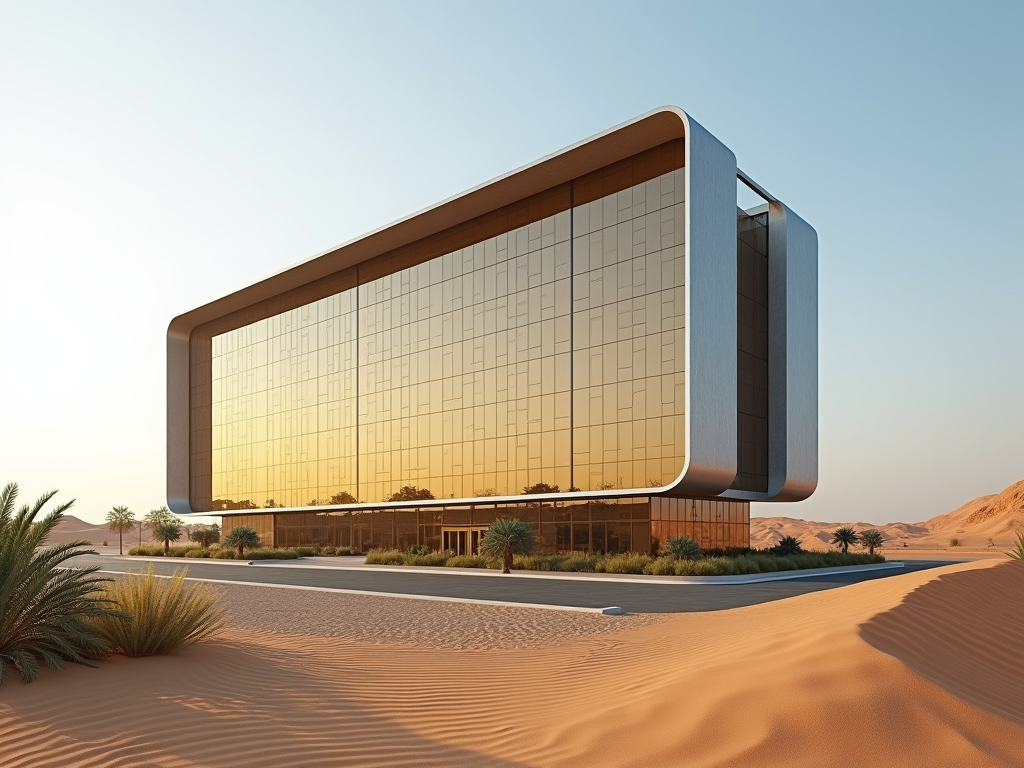Doing business in Dubai offers numerous benefits, from tax incentives to a thriving business community. However, the real costs involved can be quite complex and often underestimated. This article will explore the various aspects that contribute to the cost of doing business in Dubai, including license fees, office space, employee salaries, and more. Understanding these financial implications is crucial for businesses planning to establish a presence in this vibrant city. By examining both initial and ongoing costs, you’ll be better prepared to navigate the financial landscape of doing business in Dubai.
Understanding Business Licenses and Registration Fees

To legally operate a business in Dubai, you must secure the appropriate licenses and register with the relevant authorities. This is one of the upfront costs that entrepreneurs need to consider. The type of license required typically varies based on the nature of the business, whether it’s commercial, industrial, or professional. Below are some key points to note:
- The cost of a business license usually ranges between AED 10,000 to AED 15,000, depending on the type of business.
- Additional registration fees may be applicable, which can add another AED 3,000 to AED 5,000.
- Special licenses are required for specific industries, such as healthcare and education, and these can be significantly higher.
- Renewal of licenses is necessary annually and often incurs similar fees.
- Failing to register or renew your license on time can result in hefty fines, compounding your costs further.
Office Space Expenses

Finding the right office space in Dubai is crucial and can be one of the most significant investments for any business. The cost associated with renting or leasing office space can vary widely based on location, size, and facilities. Here’s what you need to know:
- Prime locations, such as Dubai Marina or Downtown Dubai, can command rents upwards of AED 200 per square foot.
- Co-working spaces are a more affordable alternative, typically costing between AED 1,000 to AED 2,500 monthly.
- Office fit-outs and equipment can add another 30% to 50% to your initial setup costs.
- Utilities and maintenance need to be considered; average monthly costs can range from AED 500 to AED 1,500.
- Potential increased costs for parking spaces and internet connectivity must also be factored in.
Employee Salaries and Recruitment Costs
Hiring skilled staff is essential for business success in Dubai, but recruitment comes at a premium. Salaries will vary based on industry standards and the level of expertise required. Here are some considerations related to employee costs:
- Average salaries for specialized roles can range from AED 15,000 to AED 30,000 monthly.
- Employers are also required to contribute to healthcare and social security, which can add an additional AED 1,000 per employee monthly.
- Recruitment agencies typically charge fees equivalent to 20% of the employee’s annual salary.
- Training and development expenses can add significant costs, especially for expatriate staff.
- End-of-service benefits must be planned for, which is approximately one month’s salary for every year employed.
In addition to licensing, office space, and employee-related expenses, other operational costs can affect your bottom line. These may include marketing, utilities, insurance, and more. Businesses should account for these ongoing expenses:
- Marketing expenses can be substantial, with online advertising generally costing around AED 2,000 to AED 10,000 monthly.
- Insurance costs, vital for protecting your business, can vary from AED 2,000 to AED 15,000 annually.
- Utility costs, including water, electricity, and internet, can add an average of AED 500 to AED 2,000 monthly.
- Import duties may apply if your business involves international trade, often at rates of 5% or more.
- Legal fees for compliance, contracts, and potential disputes can also accumulate, so budgeting for these is wise.
Итог
The real cost of doing business in Dubai extends far beyond just the initial setup. By understanding the various expenses—such as business licensing, office space, employee salaries, and operational costs—you can create a comprehensive budget that prepares you for success. The potential for growth and exposure in this market often outweighs these costs, but careful financial planning is essential. Whether you’re a startup or an established enterprise, thoroughly assessing these factors will guide you to make informed decisions as you venture into the Dubai marketplace.
Часто задаваемые вопросы
1. What is the cost to establish a free zone business in Dubai?
The cost to establish a free zone business in Dubai can range from AED 10,000 to AED 50,000, depending on the free zone and type of business.
2. Is there a corporate tax in Dubai?
As of 2023, Dubai has a corporate tax rate of 9% for businesses earning over AED 375,000, although many businesses in free zones remain exempt.
3. What is the average cost of living for employees in Dubai?
The average cost of living for employees in Dubai can vary greatly, but a typical monthly budget might range from AED 5,000 to AED 15,000, excluding rent.
4. Are there any additional fees for visa processing for employees?
Yes, visa processing fees can cost between AED 1,500 to AED 3,000 per employee, which businesses should factor into their expenses.
5. How can I reduce operational costs in Dubai?
To reduce operational costs in Dubai, consider utilizing co-working spaces, outsourcing administrative tasks, and implementing cost-effective marketing strategies.



